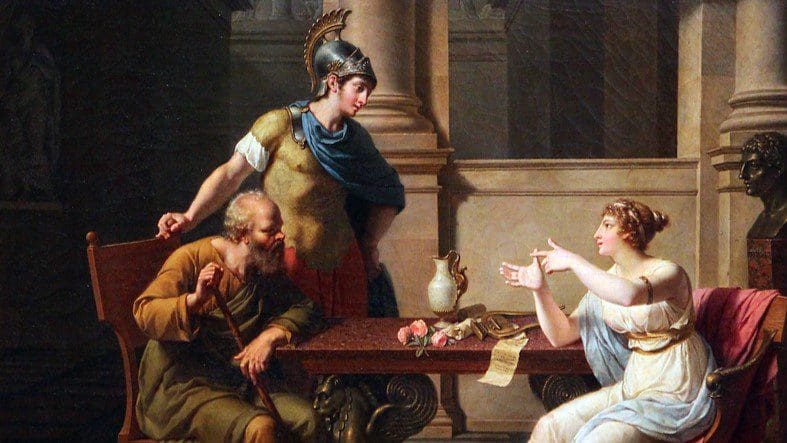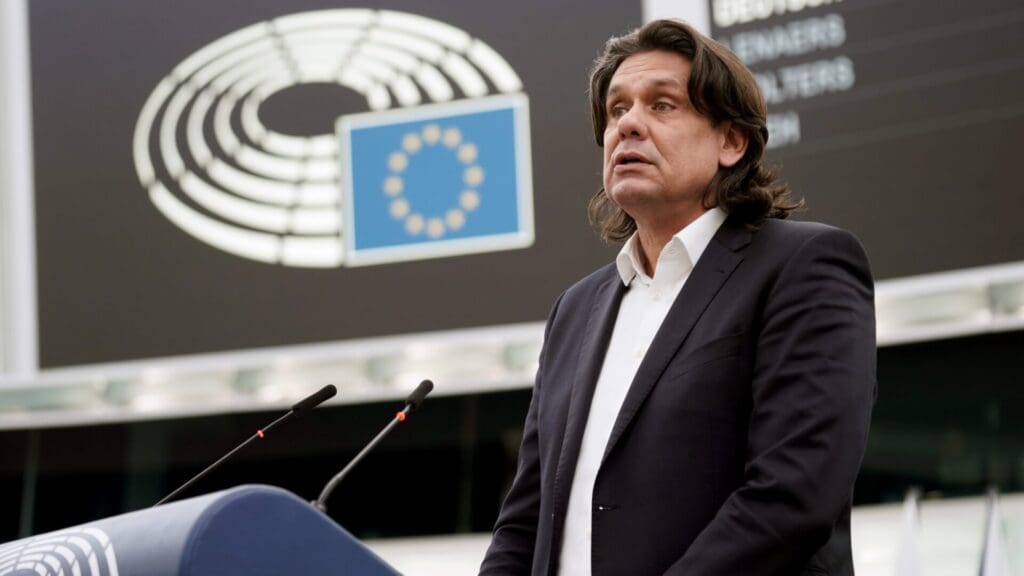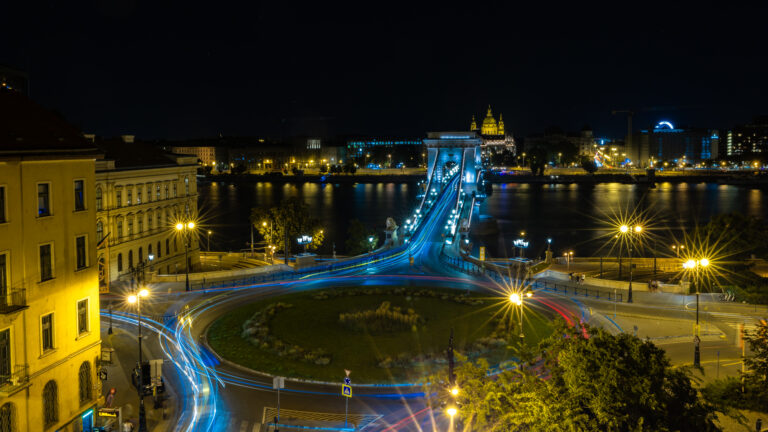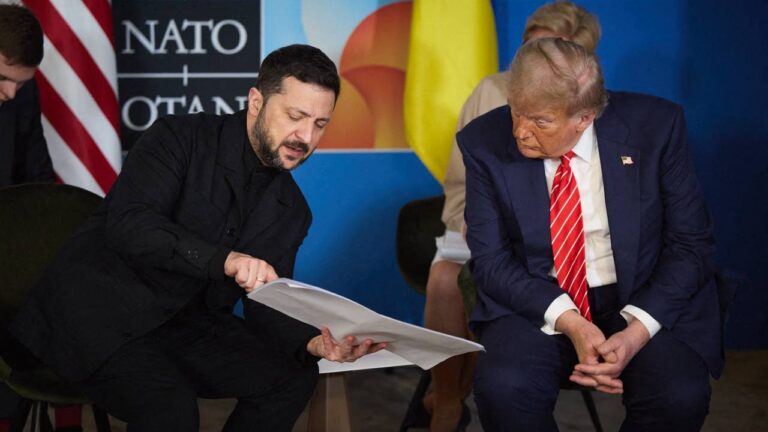‘A society that takes itself too seriously risks bottling up its tensions and treating every example of irreverence as a threat to its existence.’[1] Whether it is the Cancel culture, the Woke movement, or Identity politics, freedom of speech has been absolutized by such aforementioned polarized groups.
Aside having a flagrant disregard for respectful vocabulary, people today—especially on social media—have self-appointed themselves to furnish their own opinions of someone else’s words or events without considering their historical context. Misology, not reason, is both the starting and end points of self-expression.
In the United States, the left-wing’s platform against what they view as hate speech or discriminatory acts, such as those who uphold marriage to be exclusively between a biological male and female, rebukes the natural right premise that a source of right and wrong is extrinsic to temporal political power. It is, in fact, nothing but a social construction designed to benefit themselves at the cost of others.
This is evident as the European Union has tried for years to castigate Hungary under Prime Minister Viktor Orbán for halting illegal immigration, protecting his country’s Christian culture, and for supporting the institution of the family of one man and one woman. This is not a violation of human rights but an upholding of natural rights. Instead of Brussels, just like the left-wing or extreme right in America, being willing to engage into a healthy discussion, they reflect what Socrates stated in Phaedo (On the Soul)—one of Plato’s best dialogues—that the ‘greatest evil that a human being can suffer than to hate logoi [reasonable discourse].’
In the United Kingdom, this past week some British nationals who publicly voiced their preference for a republican government over a monarchy were either detained or arrested.
A woman was arrested in Edinburgh, outside St. Giles’ Cathedral, for holding a sign stating: ‘Abolish the monarch.’ She is now facing criminal charges for disorderly conduct. In Oxford, a man was jailed while walking outside at an event where Charles III was proclaimed king for saying: ‘Who elected him?’
Paul Powlesland, a 36-year-old barrister, said he was approached by police at Parliament Square in London after he held up ‘a blank piece of paper’. He decided to go out and protest what he called a ‘lack of freedom of expression’, having watched a video of an anti-monarchist protestor being arrested by officers outside of the House of Commons on Monday.
One would think that this only exists in totalitarian regimes like the Russian Federation, which under President Vladimir Putin, freedom of expression has been met with arrests or even murder.
According to UK Public General Acts1998 c. 42SCHEDULE 1PART I , Article 10, says: ‘Everyone has the right to freedom of expression. This right shall include freedom to hold opinions and to receive and impart information and ideas without interference by public authority and regardless of frontiers.’
Yet under the same article, the freedom of speech ‘may be subject to such formalities, conditions, restrictions or penalties as are prescribed by law and are necessary in a democratic society, in the interests of national security, territorial integrity or public safety, for the prevention of disorder or crime, for the protection of health or morals […[’.
Freedom of speech is a not a privilege that is conceded by government, but a natural right that comes from God. The tutelage of this right is vital for any democratic political process and the development of the human person.
Thomas Jefferson, author of the Declaration of Independence and third president of the United States, perpetuated the American ideals of freedom of speech once wrote: ‘Our liberty depends on the freedom of the press, and that cannot be limited without being lost.’ He comprehended that, when it comes to expressing ourselves, whether it be in public or as a member of the media, we each have a natural right to speak without the government’s permission.
It is quite understandable that there is going to be some sort of resentment by British nationals as they mourn the death of Queen Elizabeth II when they see anti-monarchial expressions. Yet, it is not as if those who were arrested were calling for an organized uprising against the Crown, let alone for the death of Charles III.
The Government does have the right to censor as with the Indecent Displays Act 1981, which in an attempt to protect children, prohibits adults stores from displaying their pornographic material in open display—in like manner, this is what Orbán is doing by preventing LGBTQ+ activists from imposing their sexual disorientation upon children in schools. Public officials also have the right and obligation to curtail any form of disruption of a religious ceremony, just like arresting someone who falsely screams “fire” in a theatre. However, to imprison someone for expressing his or her disapproval—in a non-violent manner—of a monarch or accuse someone of hate speech for not supporting acts that contradict the law of nature, is something else—it is misology.
[1] Quotation originated from Laugh It Off Promotions CC v. South African Breweries International (Finance) BV Va Sabmark International and Another (2005] ZACC 7, para. no, a decision of the Constitutional Court of South Africa, handing down a unanimous judgment, held that T-shirt maker Laugh It Off had not infringed South African Breweries’ trademark with the message on its T-shirts by replacing ‘America’s lusty, lively beer, Carling Black Label beer, enjoyed by men around the world’ with ‘Black Labour White Guilt, Africa’s lusty lively exploitation since 1652, no regard given worldwide.’ See ‘The Natural Right to Free Speech and Parody’, in cambridge.org, 15 December 2018.








